CCTV - Closed Circuit Television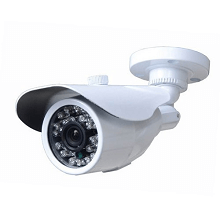
Keeping the privacy issue in mind and due to the increase in the crime rate, every big and small business owners now understand the need to protect themselves and their assets from avoidable harm caused by internal and external causes, such as employee theft and fraud. Also at most of the busy streets, we can find a gadget attached over there to monitor the unorthodox activities. There are many sectors where it is being used frequently to avoid misbehaviors activities and also to find the guilty if something wrong happened. In this article, we will discuss a very useful and important gadget that can deal with a situation where a normal human eye may not make an impact. Here, we will discuss CCTV cameras in detail. 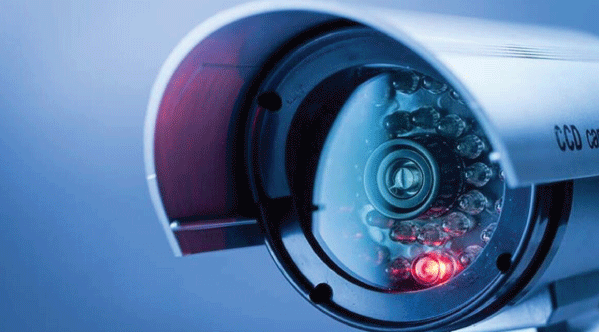
Closed Circuit Television(CCTV)The use of video cameras to send pictures to a restricted number of TVs on the same networks or circuit is called CCTV. CCTV stands for closed-circuit television. Unlike a normal television, CCTV is a closed-loop system in which everything transmitted remains in-house and is accessible only to whom it is intended. Nothing captured by it is broadcast over the public airwaves. The most common application of CCTV is for security purposes. It is being used to keep many companies, pubs, schools, restaurants, banks, country clubs, and residences safe. While the security system may not be able to stop the bad guy, CCTV can help to prevent from happening of any illegal behavior in the first place. Old Vs Modern CCTVThe old modeled CCTV camera was included very few features including low-resolution black-and-white displays with no interactive features. In comparison, the Modern CCTV monitors can record color pictures and have a high-resolution display with capabilities like zooming in on a picture or tracking something. An overseer can talk to anyone within range of the camera's connected speakers using Talk CCTV. Overall there have been many enhancements taken place overtime to make the CCTV better and trustworthy. Different CCTV CamerasThe CCTV cameras are categorized based on their structure like a bullet, point, etc. and also, a few are categorized based on their specialties like day/night camera, IP camera, and a few more. We are going to take a brief look at a few of those types: 1. Bullet Cameras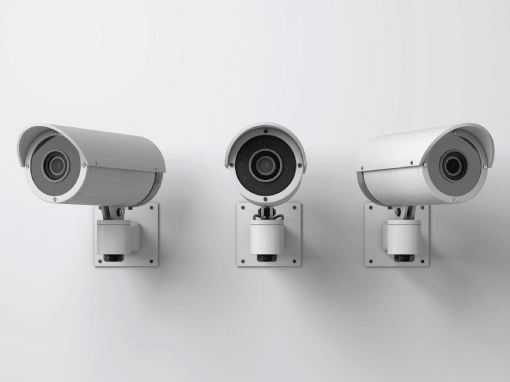
Currently, bullet camera is one of the most considerable types of CCTV cameras. It has a cylindrical structure (as a bullet) that gives the camera its name and separates it from others. This appearance is immediately recognizable by almost everyone, and it serves as a barrier to unauthorized visitors. Fraudsters and intruders are more likely to walk away if these cameras are visible nearby. 2. Dome Cameras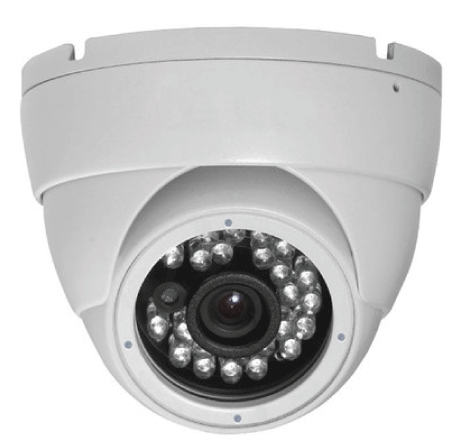
The dome camera is the second most prevalent form of CCTV camera after bullet camera. Dome cameras, like bullet cameras, have a distinct form but are less visible at first. The cameras are often installed on ceilings, making them an interior camera, although they may also be mounted on a wall outdoors if necessary. 3. IP Cameras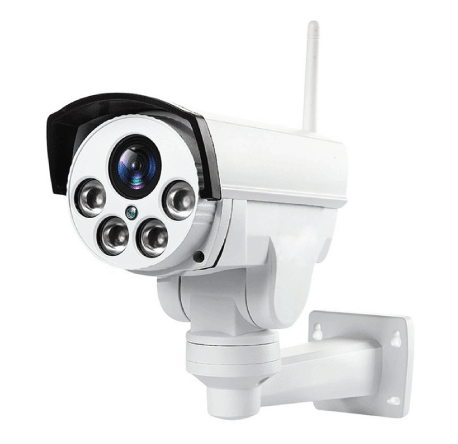
These cameras link to a user's home Wi-Fi network, allowing them to see the footage from any location. There has been a misunderstanding that the wireless camera means it will be free from external wire connection. But this is not the case, as wireless cameras may still require the use of a power cable. 4. PTZ Camera (Pan-Tilt-Zoom)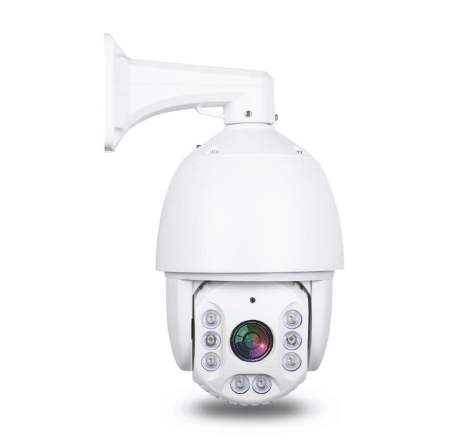
This type of camera is ideal for monitoring vast areas. From no pan/tilt to 360° rotation and 180° tilt, the camera may move in any direction. The camera usually includes preset capabilities so that the user may quickly point it at whichever position they choose and zoom in and out. PTZ cameras benefit from using just one camera to monitor a whole room instead of numerous fixed cameras. How To Choose A Suitable CameraAfter getting an idea about the types of CCTV camera and their pros and cons, deciding which CCTV will perform best in a certain context becomes much easier. So, Make sure to keep three factors in mind while going for it. They include:
Why are CCTV cameras being used?There are numerous applications of CCTV cameras, and currently, it is being used in many sectors to enhance the security. Here, understanding the application will help you decide whether it will be fit for your business or not.
Video Recorders: An Essential Component In CCTVThe working of CCTV cameras is incomplete without recorders. A recorder saves the data obtained by a CCTV security camera whenever something relevant is captured by it, and thus it, allows you to examine it later if needed. There are two main types of video recording available which include:
Storage OptionsEverything that is captured by CCTV security cameras may be recorded. And it is going to be an expensive method. You'll soon realize that storing everything takes up a lot of GB storage. And so storage capacity may be rather expensive. As a result, you might want to set your security camera only to capture and record the footage at certain times of the day or when any motion is detected. You'll avoid having to keep buying extra storage space by making auto-setup through the programming or any other technic. ConclusionIn this article, we came to know how much important a CCTV camera is in the current scenario. A single person or authority can not take responsibility to maintain all sorts of privacy, and in such CCTV is having a huge impact. This article will surely lead you to make a better decision if you had any confusion regarding the CCTV, either which type to choose or whether it is applicable for you or not. This much is all about the given article.
Next TopicNDA - National Defence Academy
|
 For Videos Join Our Youtube Channel: Join Now
For Videos Join Our Youtube Channel: Join Now
Feedback
- Send your Feedback to [email protected]
Help Others, Please Share










